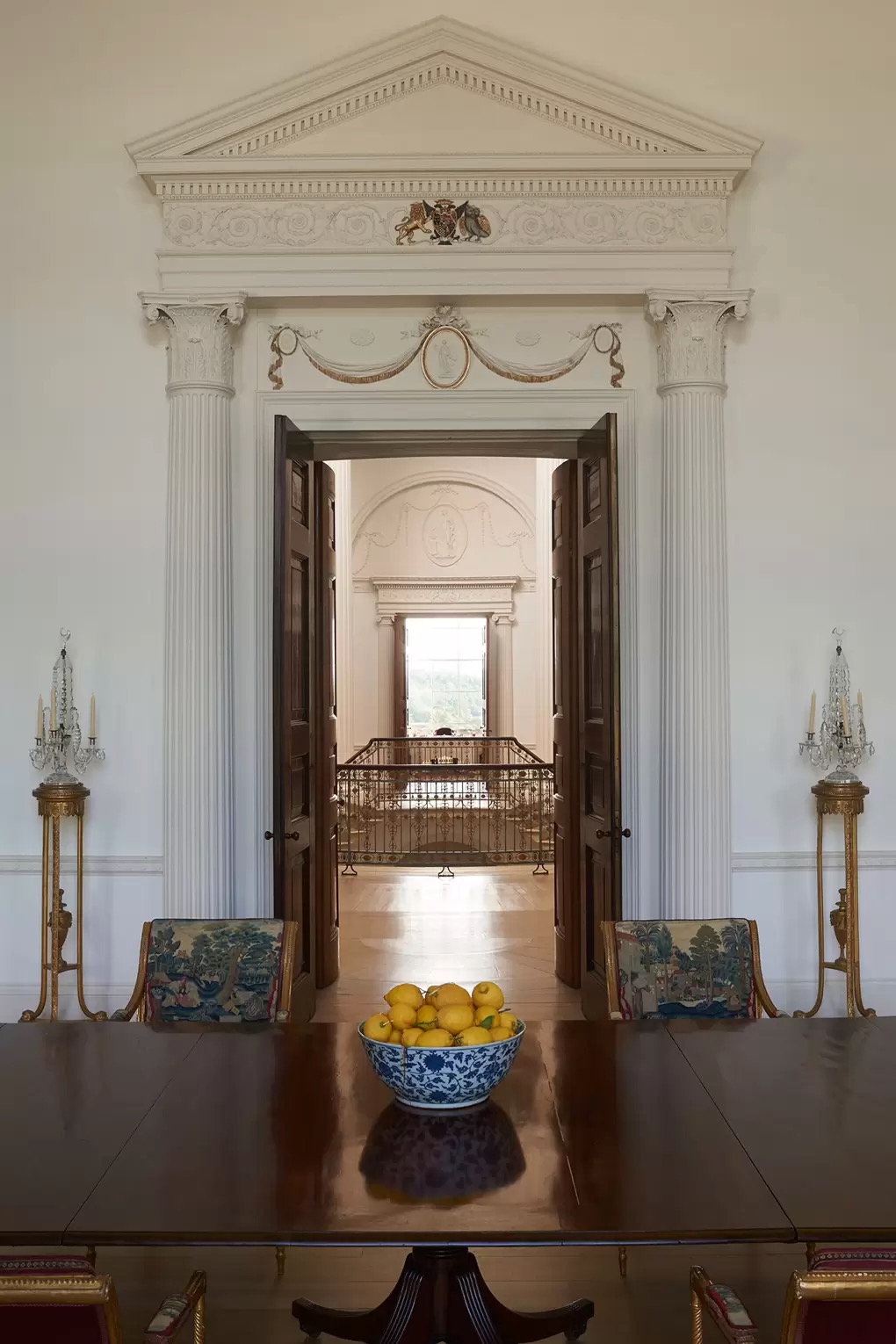There is a time in life when you expect the world to be always of new things …
There is a time in life when you expect the world to be always full of new things. And then comes a day when you realise that is not how it will be at all.
You see that life will become a thing made of holes. Absences. Losses. Things that were there and are no longer. And you realise, too, that you have to grow around and between the gaps, though you can put your hand out to where things were and feel that tense, shining dullness of the space where the memories are.
We carry the lives we've imagined as we carry the lives we have, and sometimes a reckoning comes of all the lives we have lost.
Here’s a word. Bereavement. Or, Bereaved. Bereft. It’s from the Old English bereafian, meaning ‘to deprive of, take away, seize, rob’. Robbed. Seized. It happens to everyone. But you feel it alone. Shocking loss isn’t to be shared, no matter how hard you try.
The hawk was everything I wanted to be: solitary, self-possessed, free from grief, and numb to the hurts of human life.
In England Have My Bones White wrote one of the saddest sentences I have ever read: ‘Falling in love is a desolating experience, but not when it is with a countryside.’ He could not imagine a human love returned. He had to displace his desires onto the landscape, that great, blank green field that cannot love you back, but cannot hurt you either.
Old England is an imaginary place, a landscape built from words, woodcuts, films, paintings, picturesque engravings. It is a place imagined by people, and people do not live very long or look very hard. We are very bad at scale. The things that live in the soil are too small to care about; climate change too large to imagine. We are bad at time too. We cannot remember what lived here before we did; we cannot love what is not. Nor can we imagine what will be different when we are dead. We live out our three score and ten, and tie our knots and lines only to ourselves. We take solace in pictures, and we wipe the hills of history.
Maybe older (as in, century-old) cameras have something to offer. - CBC
If the company’s analysis is correct, the deepfake Bourdain controversy is rooted in less than 50 seconds of audio in the 118-minute film. - Wired
Often using the phenomenon of pareidolia, Helga Stentzel arranges common household items to resemble faces, animals, and other fun characters. You can find prints of some of her creations on her website.
I’m in my kitchen
peeling potatoes; water running from the tap
almost drowns the children’s voices
in the yard.
Children’s calls to each other
almost drown the birds
singing in the trees
and the songs of the birds
almost drown the whispering of the wind
in the leaves.
The whispering of the leaves
though quiet
almost distracts from the stillness
of the glowing sky.
Its glowing light is
almost a fiery aura
like that of the atom bomb,
at least a little
IT’S GOOD TO BE THE NOMENKLATURA: One Rule For Them, Another For You. “One thing Flu Manchu had made even more abundantly clear is that our leftwing political elite feel free to impose on ordinary people laws that they themselves feel under no obligation to obey. Like 1970s Hollywood convincing themselves that they deserved cocaine because they just worked so darn hard, our ‘betters’ believe rules are for the little people.”

Club Troppo is the only survivor from 2000s group blogging, though mostly a group of two these days with a few guest posts.